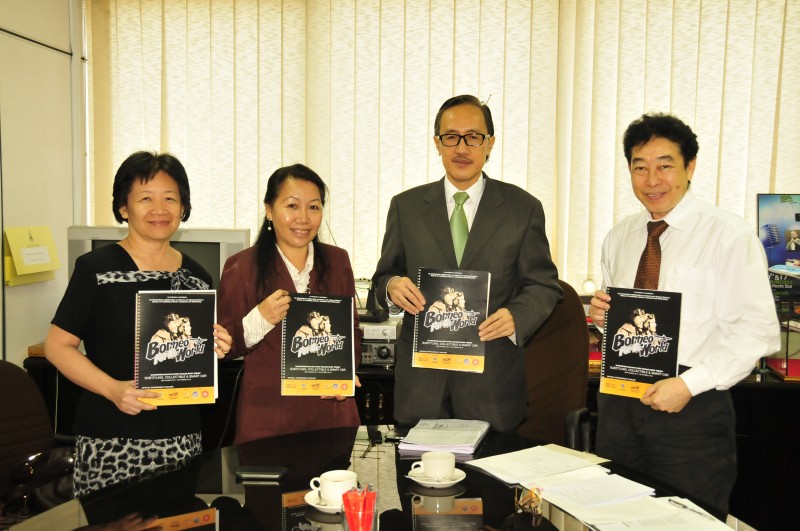Zero Plastic In Sabah
Maribumi Group of Sabah hosted the launch of Zero Plastic product range produced by its subsidiary Maribumi Starchtech Sdn Bhd at Novotel Hotel, Kota Kinabalu on 4th December 2012. The company pioneers the production of a new generation cost effective biopolymers for mass production under Zero Plastic brand. Zero Plastic are bags made of either tapioca or corn starch combined with other organic ingredients. Current product lines include merchandise, garbage bags and other packaging materials. Zero Plastics serves as a cleaner alternative to petroleum based plastic due to its 100% biodegradability as well as sustainability.
The event was officiated and witnessed by Datuk Masidi Manjun, Minister of Tourism, Culture and Environment Sabah. At the event, Maribumi Group Managing Director , Mr. M.R. Sivagiri handed over RM 5000 worth of Zero Plastic products to be distributed in Sabah through its newly appointed Zero Plastic distributor MB Enviro Healers.
At the event, Maribumi Starchtech and MB Enviro Healer signed the distribution agreement for Sabah and Labuan.
“This event is significant for Maribumi as the launch is done at our very own home ground. We aim to begin aggressively marketing Zero Plastic product with our new partners MB Enviro Healer. The market has a solution that will answer the call for environment friendly bags.” Mr. M.R. Sivagiri, Group Managing Director of the Maribumi Group said.
“We are confident that our product would be well accepted in Sabah especially considering that the state has a higher level of environmental consciousness due to tourism and efforts by local government. ” Mr. Siva adds.
Maribumi Starchtech announced that its current production facility will be relocated to a new factory in Balakong to accommodate new cutting edge machines which would enable the company to expand its Zero Plastic product offerings.
For more information about Maribumi Starchtech and the Zero Plastic technology, you can visit www.maribumistarchtech.com.




